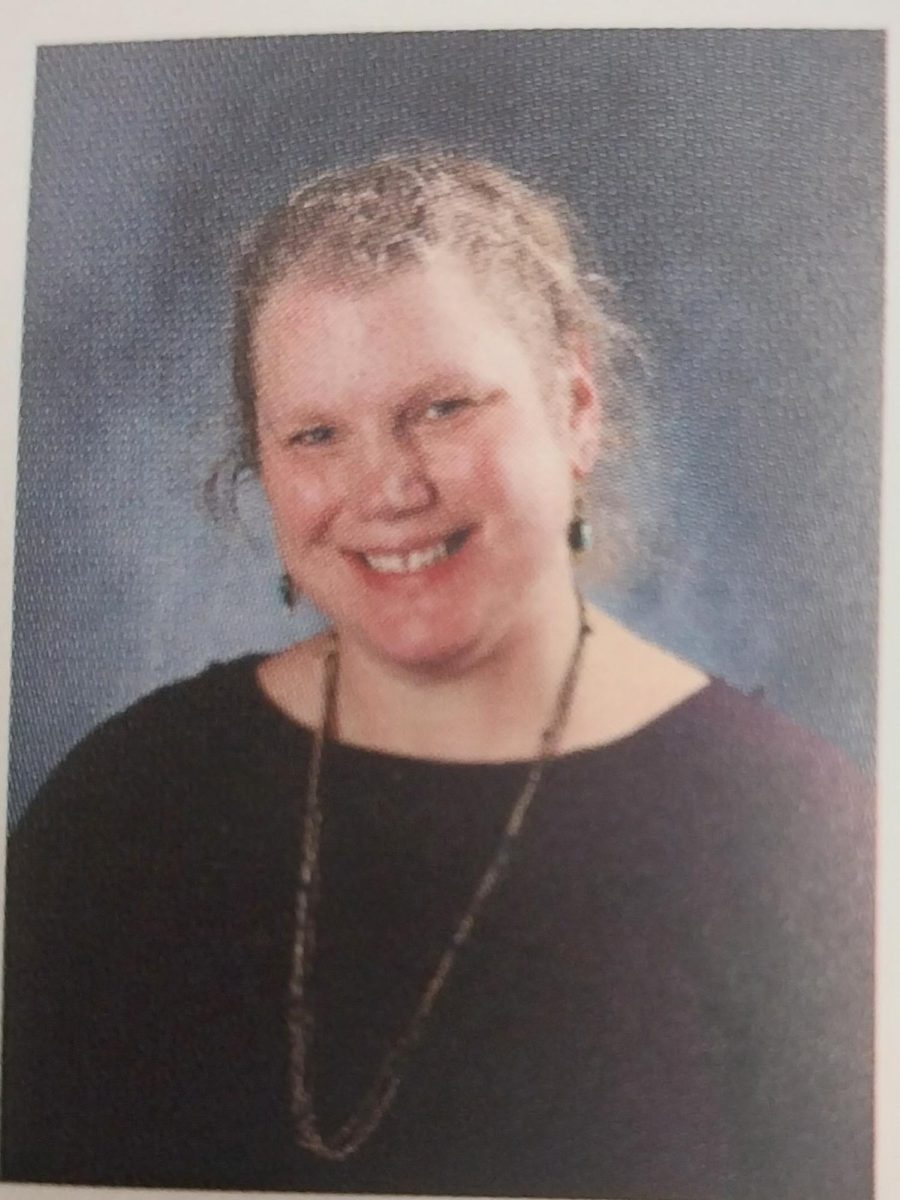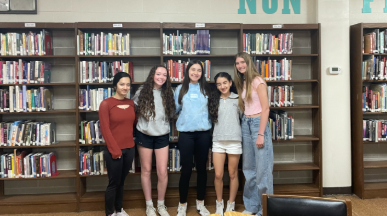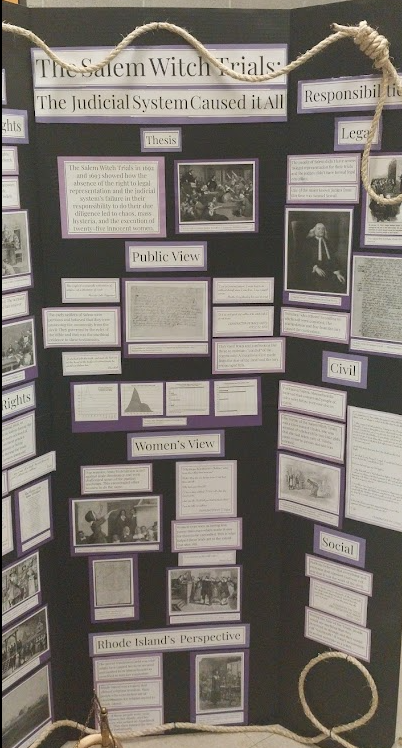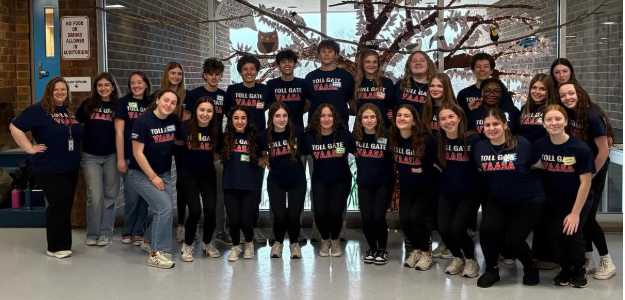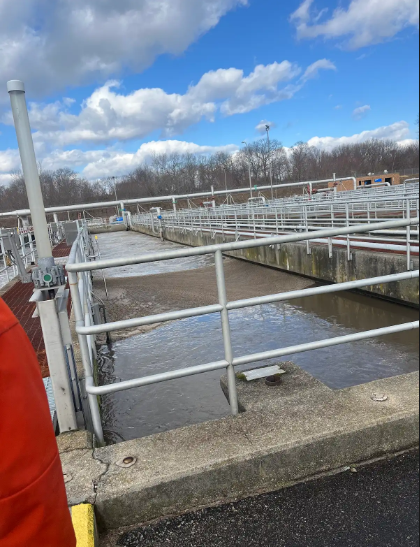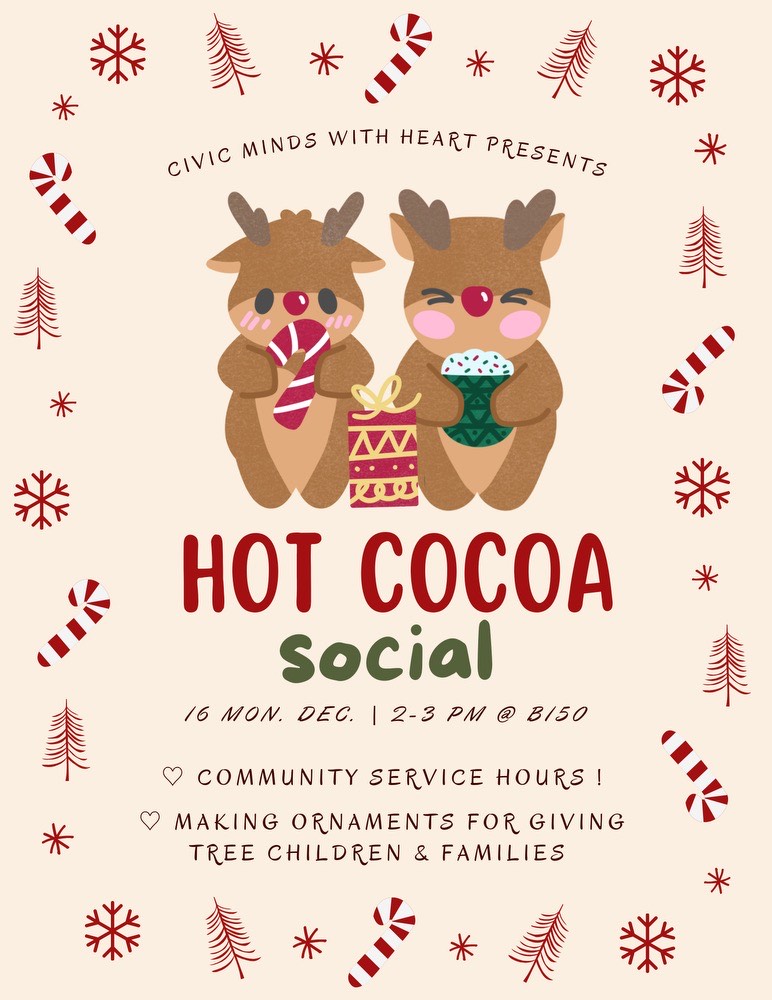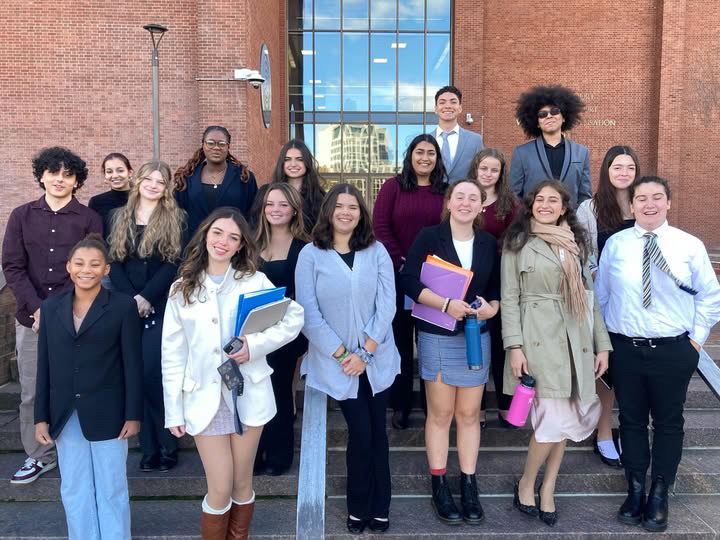This article is an interview with Mrs. Washington, an awesome science teacher at Toll Gate.
- What strategies do you employ to maintain classroom discipline and create a positive learning environment?
I try to set high expectations while providing time for fun while doing the work. Everyone needs movement breaks and a laugh to keep them engaged, but my students know that when it is time to put our game faces on, we get the work done. I also try to respect each student and empathize with where they are coming from. We all have bad days or rough experiences, so I try to provide people with a fresh start every day, and this helps to create a positive space. I also have hard boundaries of what language is not acceptable in the classroom, when students know that they are in a safe space, they are more likely to learn.
- What subject areas and grade levels have you taught, and do you have a preference for a particular grade or subject?
I have taught everything from Kindergarten to twenty-one-year-olds at the training school. At Toll Gate, I teach the biomedical pathway and AP Environmental Science which are my favorite classes, because my students choose to be there, and that means they are willing to do the work and see the benefit of learning the material. Teachers always love when students are engaged and care about the material.
- Could you share an example of a challenging situation in your classroom and how you effectively addressed it?
very day brings new challenges from content struggles, to people having bad days, to people swearing at me. I try to stay calm and de-escalate the situation. Most people don’t want to be in trouble and if given a moment to walk their behavior backwards, will take it. Sometimes that is me walking away, I may ask the student to go for a walk, or I may take a seat next to a student to engage them on their level which helps me understand the issue better. I’ve had students flip desks, punch each other in the face, and walk out of class. The key is to stay calm in the moment, the discipline can be addressed later, when everyone has a moment to breathe.
4. How do you foster communication and collaboration with parents or guardians to ensure your students’ success?
The biggest thing that I do is keep my gradebook as up-to-date as possible. I also add comments to assignments to explain what happened, keeping a running log for students and parents to understand where they stand in my class. For example, I record if something was turned in late, if there is an opportunity to fix an assignment, or if the assignment is excused. I also try to promptly respond to emails with parent concerns and try to be proactive if I notice a student is not where they should.
She also added: I guess at the end of the day, I just try to treat my students like they are people with value. When I give respect, I (mostly) get it in return. If a student doesn’t like me, they have more problems than passing science, because usually this means they can’t handle someone caring about their success, or they know they are lacking something needed to succeed. A lot of times, those who test me the most struggle with reading, or can’t see, or there is something else going on that is beyond what I can help with. I can only help people who want my help and I know my limitations. My personal goal is to reach ten students a year. If I connect, and really bond with these ten people a year, I can change the trajectory of their lives. Knowing that my ripples (these people whom I’ve influenced) are out there carrying on my legacy, keeps me going.
